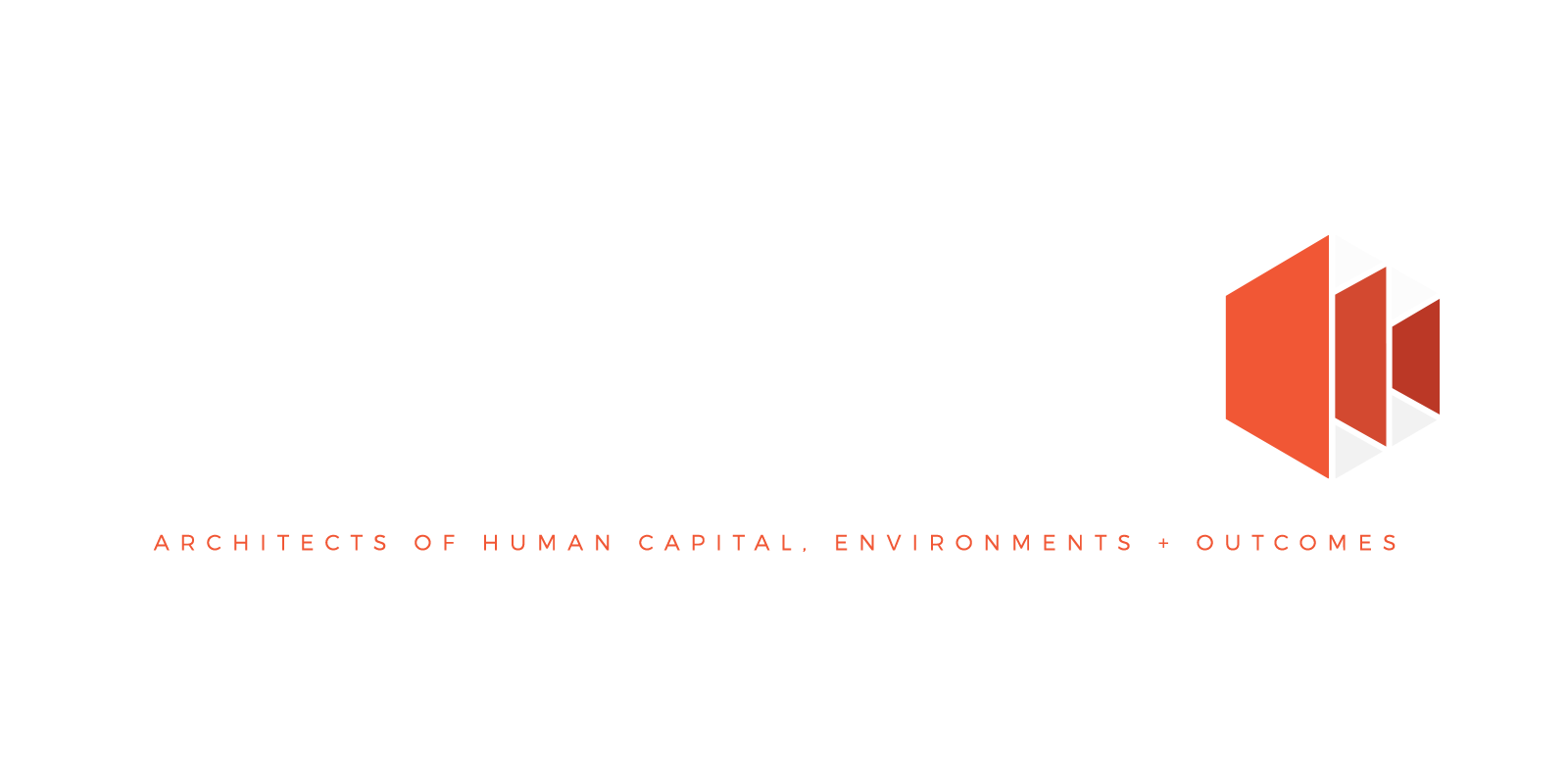Do you cringe and groan and try to squirm your way out of invitations to meetings?
I would rather run out of gas on a hot day in the middle of nowhere than attend a boring meeting with no agenda or purpose. Meetings are necessary, and can be motivating and productive…here’s how:
- Make a plan, have an agenda — Determine the point of the meeting using words like decide, plan or choose, to convey action. If someone goes off topic, steer them back to the agenda item.
- Get to the point – Administrative information should be kept very brief and targeted, two minutes or less.
- Keep it lean — Large groups aren’t usually productive. Invite only those necessary to achieve the goal of the meeting and make sure everyone participates, even if you have to call on them to do so.
- Encourage ownership of the meetings — Assign roles and responsibilities to different team members for some of the agenda items in advance.
- Start with the end in mind — Have meetings early in the day or just before lunch so they will start and end on time.
- Stress the positive — Start and end every meeting with positive inspiration. Be generous in your appreciative feedback. If you have anything negative about an individual share it with them privately.
- Don’t do boring things – Going over new forms, company policy, personal disputes and what went wrong might be better in another format. Figure out a better, faster way to communicate. Try this: Have an instruction sheet for a new form and pass it or email it out.
- Present solutions – Don’t present problems, unless you have soluions to go with them. This rule applies to everyone in the meeting. It gets your team solution oriented!
- Do fun things and motivate — Give awards and share success stories. Create a contest among staffers to make motivation more fun.
- Do things to develop your team – Something that helps them learn more about their profession, practice skills to make them better at their job.
- No griping — Remember, challenges must be matched with potential solutions.
- Share success stories – What is working with people? Coach them to share the specific skills they used that helped them see success..
- Summarize action items – What was decided and what was assigned? A quick review helps everyone remember the highpoints.
“Excellence is the gradual result of always striving to do better.” — Pat Riley




Recent Comments